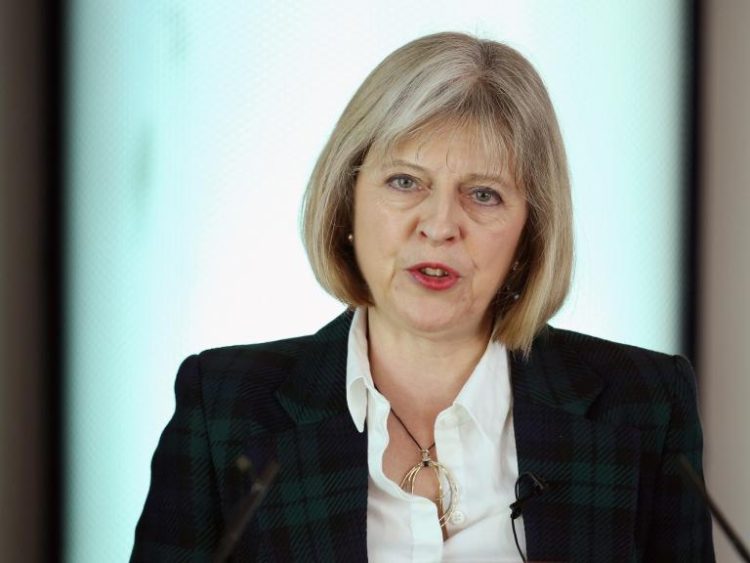By Ben Kerrigan
Theresa May has announced plans to boost Britain’s investment in Africa after Brexit, during her first trip to the continent as prime minister.
In a speech in Cape Town, the Uk prime minister pledged £4bn in support for African economies, to create jobs for young people.
May also pledged a “fundamental shift” in aid spending to focus on long-term economic and security challenges rather than short-term poverty reduction. She also plans to visit Nigeria and Kenya during the three-day trade mission.
On her way to South Africa, the prime minister played down warnings from the chancellor about the economic damage a no-deal Brexit could cause. Ms May will visit the presidents of all three countries to strengthen economic and trade ties with growing African economies ahead of Britain leaving the EU in 2019.
Arriving in South Africa on Tuesday morning, Mrs May said she wanted the UK to overtake the US to become the G7’s biggest investor in Africa by 2022. She made reference to the life accomplishments of Kofi Annan and Nelson Mandella life stories of these two great men encapsulate the ebbs and flows of history. They demonstrate just how much can be achieved over the course of a lifetime. But also that progress can never be taken for granted – the fight to secure our gains is constant.
May’s promise of £4bn is to be matched by the private sector in an offer of long-term opportunities of the “highest quality and breadth”.Mrs May said young people were the future of the continent
However, Ms May said she was “unashamed” that it had to work in the UK’s own interest as she pledged a new approach in future, focusing on helping British private sector companies invest in fast-growing countries like Cote D’Ivoire and Senegal while “bolstering states under threat” from Islamist extremism such as Chad, Mali and Niger.
“True partnerships are not about one party doing unto another, but states, governments, businesses and individuals working together in a responsible way to achieve common goals,” she said. The UK’s overseas aid budget totalled £13.9bn in 2017, an increase of £555m in 2016.




